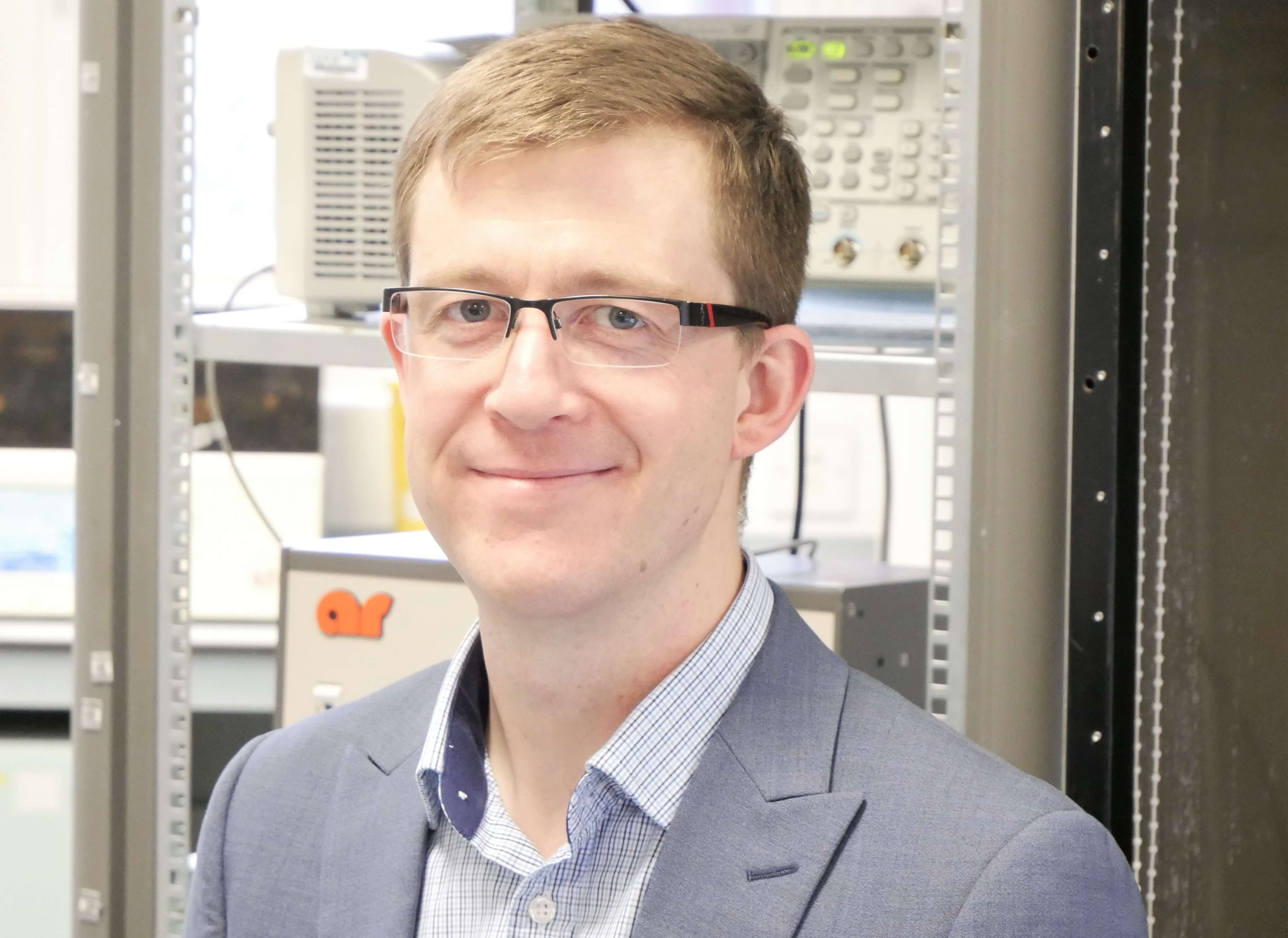Funding Summary
Lower levels of a specific growth factor (brain derived neurotrophic factor, BDNF) have been reported in people with PWS. Because BDNF is important in brain development and function, as well as appetite regulation Dr. Whitcomb’s group will test whether using an ultrasound technique in rodents can enhance the amount of BDNF protein in the hypothalamus and modify eating behavior.
Dr. Theresa Strong, Director of Research Programs, shares details on this project in this short video clip.
Lay Abstract
In this project, we are trying to find out whether stimulating a small area of the brain changes the appetite of rats.
The hypothalamus is a small area deep inside the brain. This area is known to be important for controlling our appetite and therefore how much we eat. Previous research suggests that this area of the brain functions differently in people with Prader-Willi Syndrome, and this might cause increased appetite.
It is difficult to change the function of the hypothalamus with the currently available medical approaches. Our research involves investigating how ultrasound can be used to change brain function. In our previous research, we have found that ultrasound, which passes harmlessly through the skull and into the brain, can actually change the function of the brain region it is targeted to. Our research suggests that these effects are not permanent and do not cause damage to brain cells. Importantly, you can use ultrasound in this way very precisely, changing function in very small areas of the brain – down to the size of a few grains of rice. This means that there is very little in term of ‘off-target’ effects.
Our plan is to use ultrasound to stimulate the hypothalamus in healthy rats. We will then monitor the rat’s eating behaviour. At the end of the study, we will analyse the animal’s brains to see whether and how the function of the hypothalamus has changed.
Our research is important because finding from this study could show that changing the function of the hypothalamus reduces appetite and eating. This would be strong evidence of proof-of-principle. We would then use this to support a study repeating the approach in rats that mimic Prader-Willi Syndrome. This could ultimately lead to clinical trials and finally a safe and painless therapy to help people with Prader-Willi Syndrome.
Funded Year:
2025
Awarded to:
Daniel Whitcomb, Ph.D.
Amount:
$22,185
Institution:
University of Bristol
Researcher:

Daniel Whitcomb, PhD




